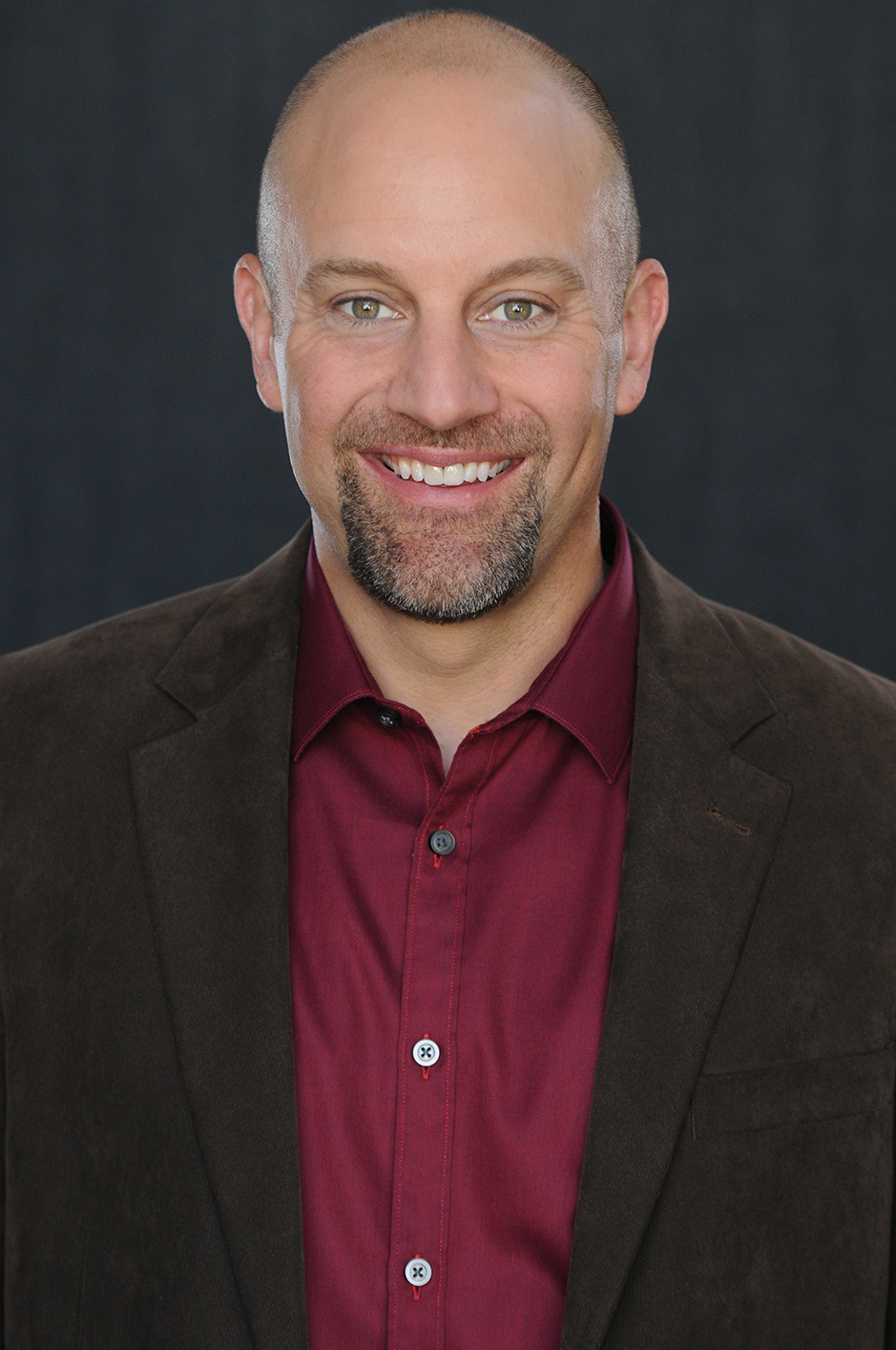
How well do you trust yourself?
For most of us, myself included, self-trust can be tricky.
Many of us second guess ourselves. We don’t listen to our gut, trust our instincts, or we hang onto negative memories or regrets from the past. These things and others can make it difficult for us to trust ourselves and thus create challenges in our relationships, work, and lives.
But you’re not alone. Lack of self-trust, while debilitating in many ways, is quite common. We all doubt ourselves sometimes – but that doesn’t mean there’s something wrong with us. It’s perfectly normal.
So how do you stop doubting yourself and start living an authentic life full of self-love, confidence, and truth?
Like most important aspects of our life and growth, the first step in our expansion process is to notice and tell the truth about why it can be difficult.
In the case of self-trust, once we can honestly acknowledge our challenges (and have some compassion for ourselves), we can consciously choose to trust ourselves in a more authentic way.
When we bring some mindful self-awareness and get curious about why we doubt ourselves or lack self-trust, that’s when we begin to learn about ourselves, our insecurities, and what we can do to grow as human beings.
What makes it difficult or challenging for you to trust yourself fully?
Take a moment to consider this question. The more compassionately aware we can be, the more likely we can move beyond it and let go of our “story” about why we can’t trust ourselves.
How to Build Self-Trust
Here are a few things you can do to enhance your ability to trust yourself:
1) Listen to yourself
We all have inner wisdom. Some refer to this as our intuition, others call it our gut, and others relate to it as our higher consciousness. Whether you call it one or all of these things (or something else), I believe that we’re all very intuitive. A big part of trusting ourselves is understanding that we each have a deep sense of what is true and right for us in most situations. As we practice listening to this inner wisdom (through meditation, prayer, quiet time, breath, conscious thought, and more), we begin to trust ourselves on a deeper level.
2) Don’t be afraid to fall
Remember: we all fail sometimes – but that doesn’t mean that we should ever give up on pursuing our dreams and goals. Be willing to take risks, go for it, and make mistakes. When you fall, get back up. So often, we don’t try things because we think we might fail. I love Wayne Gretzkey’s famous quote about this: “I missed 100% of the shots I never took.” While it can be scary for us to take risks in life, one of the greatest ways we can build our capacity for self-trust is to go for it, even if we fail. As we build up our ability to take risks, we also grow our capacity for courage, expanding our ability to trust ourselves.
3) Forgive yourself
Many of us live in a constant state of guilt, disappointment, or shame, which is not the healthiest way to live. We’re only human. We make mistakes, and we learn from them. One of the main reasons we don’t trust ourselves is that we haven’t forgiven ourselves for mistakes we’ve made, the pain we’ve caused, or the regrets we have. These demons from our past haunt us, and we use them as evidence to not go for things and not trust ourselves. As we enhance our capacity to forgive ourselves, we heal from the past and breathe new life into our experience, creating a genuine sense of enthusiasm for both the present moment and our future. And, as we’re able to forgive ourselves, we can let go of our attachment to being perfect and having to do everything just right, which allows us to trust ourselves more freely.
Are You Struggling With Self-Trust?
Here are a few other things you can do to boost your self-trust:
- Be decisive
- Honor your emotions
- Set reasonable goals
- Be kind to yourself
- Practice self-care
- Be yourself
- Spend time with yourself
- Take risks
- Reward yourself
Think of something important in your life right now – a decision you’ve been on the fence about because you’re worried about making the wrong choice (i.e., not trusting yourself).
Given what we’ve been discussing here, what would you do regarding this vital issue if you fully trusted yourself? I bet if you listen to your inner wisdom, allow yourself to take a risk, and know that you can forgive yourself no matter what happens – the answer to the question, “What should I do?” is probably pretty clear.
What can you do to enhance your self-trust and listen to your inner wisdom more? Share your thoughts, action ideas, insights, and more here on my blog below.
I have written five books about the importance of trust, authenticity, appreciation, and more. In addition, I deliver keynotes and seminars (both in-person and virtually) to empower people, leaders, and teams to grow, connect, and perform their best. Finally, as an expert in teamwork, leadership, and emotional intelligence, I teach techniques that allow people and organizations to be more authentic and effective. Find out more about how I can help you and your team achieve your goals today. You can also listen to my podcast here.
Liked this post? Here are three more!
Are You Bringing Your Whole Self to Work?
Prioritizing Our Mental Health
Facing Challenges: How to Appreciate and Learn From Them
This article was published on January 29, 2015, and updated for 2021.
Related posts:


